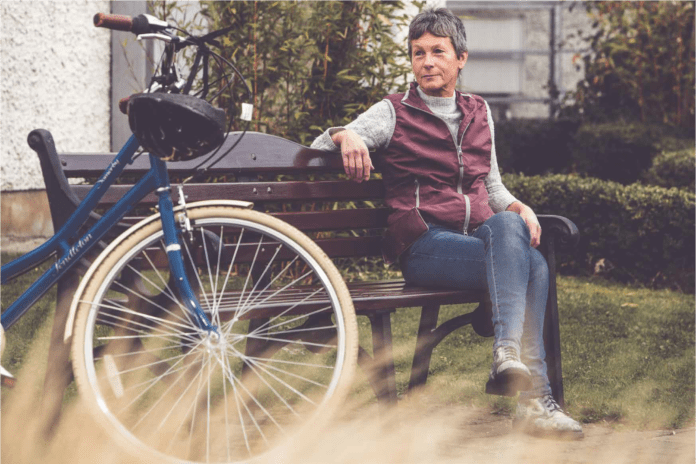
A public awareness campaign has called on members of the public to become ‘Dementia Champions’ ahead of World Alzheimer Month in September.
The Understand Together campaign is asking people to join 340 other Champions who promote inclusivity in their communities, as latest figures from the HSE show that there are an estimated 3,553 people in Galway living with dementia.
The campaign is also taking the opportunity to highlight the availability of the local Memory Technology Resource Room in Loughrea, a service that has become increasingly valued during the Covid-19 pandemic.
Double by 2045?
There are over 400 different types of dementia, the most common of which are Alzheimer’s disease and vascular dementia.
It is estimated that there are over 64,000 people currently living with dementia in Ireland and this figure is set to more than double to over 150,000 by 2045.
Each year more than 11,000 people develop dementia in Ireland – that’s approximately 30 people every day.
Symptoms of dementia include memory loss, confusion with time or place, difficulty communicating, changes in behaviour and issues with problem-solving.
There are a number of ways that people can reduce their risk of dementia – by eating healthily, exercising regularly, not smoking, having regular blood pressure checks, avoiding excess alcohol, keeping socially connected and challenging ourselves mentally.
For Dr Suzanne Timmons, Consultant Geriatrician and Clinical Lead of the HSE’s National Dementia Office, World Alzheimer Month offers a valuable reminder of the importance of reaching out to people with dementia.
“For people with dementia, we know that maintaining involvement in activities and social contact are vital for maintaining physical and mental health and wellbeing,” she said.
“With the arrival of COVID-19 in Ireland, recent months have been very difficult for everyone.”
She said that for people with dementia, many of whom have had to cocoon or stay at home to minimise their risk, they have been especially difficult, depriving them of friendship and routine.
“September is World Alzheimer Month and an ideal opportunity to reach out and support people living with dementia and their families in our neighbourhoods.
“A first step can be checking in on someone you know with dementia and asking how you can help. It will make the world of difference to them.”
“For those with a little more time to give, I would encourage you to think about becoming a Dementia Champion in your community. Champions are the spirit of the Dementia: Understand Together campaign.
“They work in their communities by sharing information, providing training, and creating inclusive services, and by inspiring sports and other community groups to embrace people with dementia. The campaign is here to support you to take the first steps on this rewarding and hugely impactful journey – you can find out more at www.understandtogether.ie”
With many traditional supports changed due to COVID-19, technology has played an important role in enabling champions and others to connect with people with dementia.
Technology can also help day-to-day living and a range of assistive technologies can be purchased to help people with dementia maintain their independence, to continue doing what is important to them, and to feel safe at home.
These technologies range from picture phones, personal alarms and night lights with sensors, to medication reminders, locators for items such as keys, and talking photo albums. The Memory Technology Resource Room in Seven Springs Day Centre, St Brendan’s Community Nursing Unit, Lake Road, Loughrea, showcases a range of products and devices that can help manage with memory and recall.
Members of the public can speak to an occupational therapist for free expert advice on what technology best suits their situation, as well as receive information on other local services.
To make an appointment with your local memory technology resource room, telephone 087 7514428.
Top 5 Ways to Take Action in Your Community
|
The Dementia: Understand Together campaign is led by the HSE in partnership with the Alzheimer Society of Ireland and Age Friendly Ireland.









